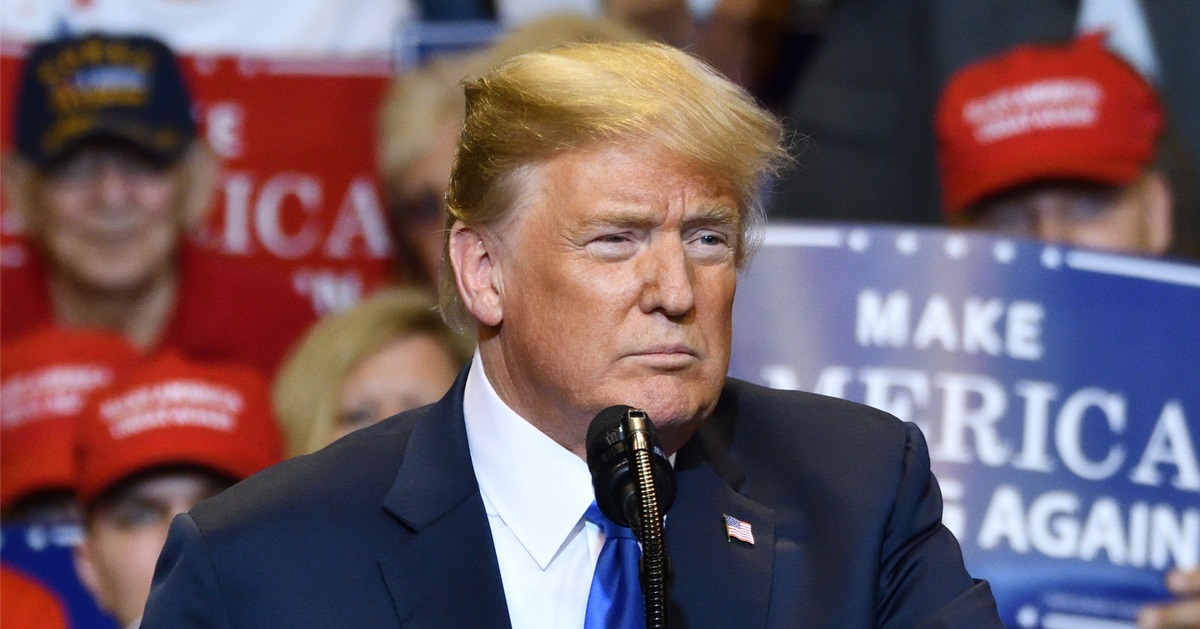Supreme Court appears split on case involving RICO Act lawsuit over a 'business' or 'personal' injury
The Racketeer Influenced and Corrupt Organizations Act, or RICO Act, typically evokes thoughts of organized crime like gangs and the mafia, but the law also allows for individuals to file civil suits when they've been harmed in a particular way.
On Tuesday, the Supreme Court's justices appeared split on whether a truck driver who failed a drug test and got fired could use the RICO Act to sue the maker of a CBD-based product that he blamed for the loss of his employment and income, CNN reported.
The question that seemed to divide the court was whether the harm suffered by the truck driver constituted an injury to his "business or property," entitling him to triple damages under the law, or was a purely "personal injury" that is excluded from the Act.
Civil lawsuits under the RICO Act
The Supreme Court on Tuesday heard oral arguments in the case of Medical Marijuana Inc. v. Horn, which concerns "Whether economic harms resulting from personal injuries are injuries to 'business or property by reason of' the defendant’s acts for purposes of a civil treble-damages action under the Racketeer Influenced and Corrupt Organizations Act."
A provision of the RICO Act, codified as 18 U.S.C. § 1964(c), states: "Any person injured in his business or property by reason of a violation of section 1962 of this chapter may sue therefor in any appropriate United States district court and shall recover threefold the damages he sustains and the cost of the suit, including a reasonable attorney's fee," with some exceptions.
At issue here is the plight of Douglas Horn, a former commercial truck driver who filed a RICO Act lawsuit against Medical Marijuana Inc. after he ingested one of the company's CBD products and then subsequently failed a drug test and was fired from his job.
Per the Marijuana Moment, Horn used the product for pain management following a vehicular accident because he believed it to be free of THC, the active ingredient in cannabis, but later sued when he tested positive for THC and was terminated by his employer.
In a suit first filed in 2015, he accused the company of false advertising and alleged that they'd engaged in mail and wire fraud that caused him to be "injured in his business or property" under the provision of the RICO Act.
District court sided with the company while the appellate panel ruled for the driver
According to SCOTUSblog, Horn took his "business or property" injury claim to a federal court in New York but the company countered that he had instead suffered a "personal injury" not covered under the law -- an argument that the district court agreed with.
Horn appealed to the 2nd Circuit Court and found favor there, as the panel of judges determined that the loss of employment and income constituted an injury to one's "business" and reversed the lower court's decision.
That prompted the company to further appeal the matter to the Supreme Court in the hope of another reversal and restoration of the district court's ruling.
Court divided on the matter
According to CNN, Tuesday's hour-long oral arguments left it unclear how the Supreme Court might rule on the dispute, as a division among the justices soon became evident.
Some of the justices seemed to express sympathy for Horn and his argument that losing his job constituted harm to his "business," while other justices expressed concerns about the potential fallout from opening up the RICO Act to a surge of lawsuits involving "relatively minor injuries" that were likely never contemplated by lawmakers when the Act was first drafted and passed decades ago.
This case, which will decide whether Horn's lawsuit can proceed under the RICO Act, probably won't be decided until next year, so it will likely be several months before we find out how the justices ultimately aligned on the issue.



